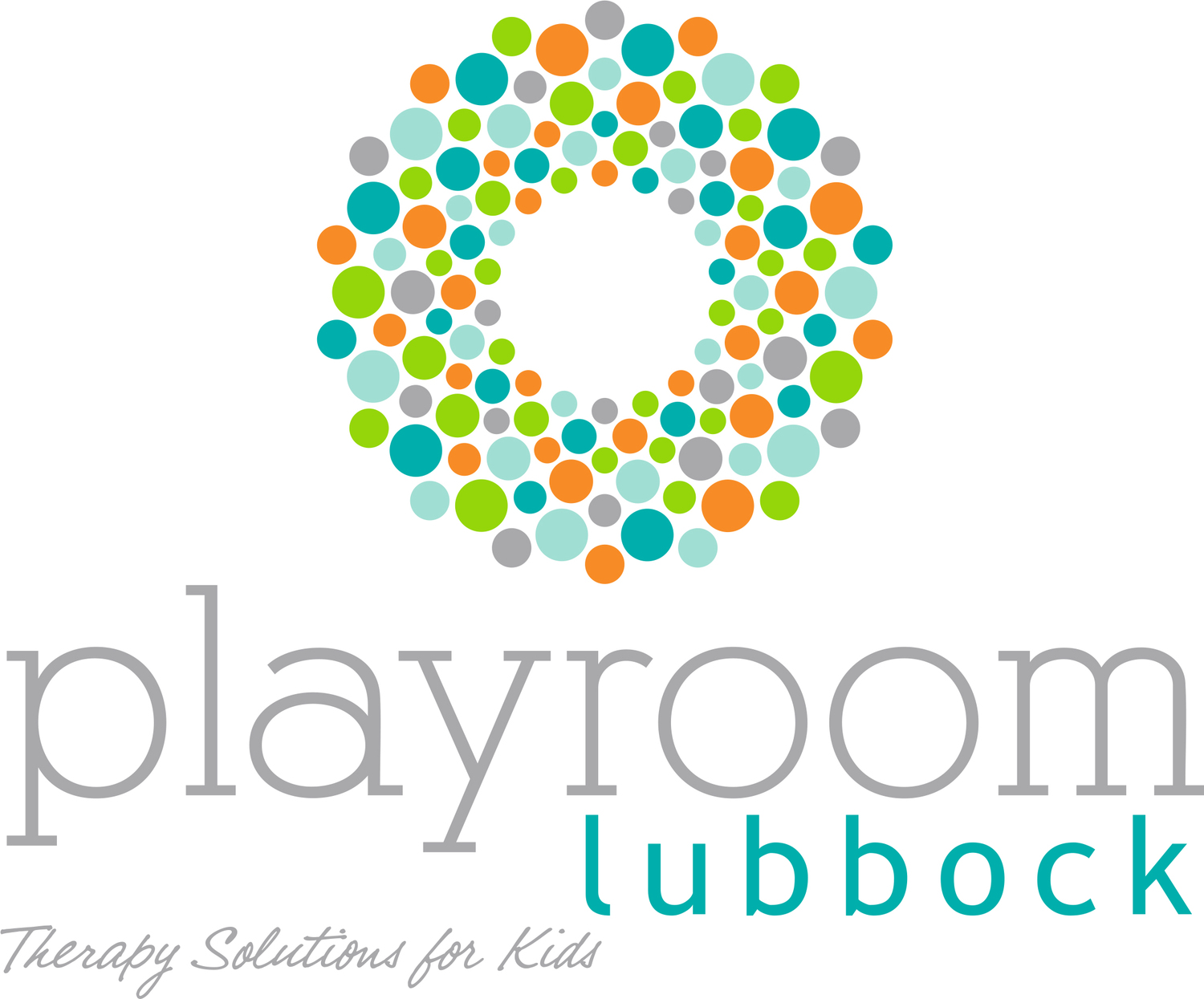The opposite role of being a helping professional is the private practice business owner role. I am often asked to define, "Who is your ideal client?" Legitimately and appropriately asked, the answer depends on the service I am providing. My general response would be "any child or adolescent, ages 3-17, who is struggling emotionally or behaviorally or who may have difficulties in the future due to a life event or circumstance." These kids may benefit from play therapy counseling or a support/educational group where they have the opportunity to:
Develop responsibility, problem solving skills, confidence, and respect and acceptance of self and others
Learn to communicate, creatively think, express emotion.
Relieve stress, cultivate empathy, enhance social skills
If a child or teenager has difficulty or may develop a difficulty with any of the above AND it is beginning to cause stress within the family or negatively affect the child's functioning at home, at school, at work, or in the community, then it is worth calling The Playroom Lubbock for a phone consultation to see if our services are appropriate for your needs.
The more important question as a helping professional is, "What are the ideal conditions for change?" As a child-centered play therapist, I believe the child, through play therapy, comes to form an appropriate understanding of his world and of himself. I help the parents understand their child's world through collaboration with them. Of utmost importance is the quality of the relationship between the client and therapist. The vehicle of change within the therapeutic relationship relies on these 4 messages conveyed to the child: I am here. I hear you. I understand. I care.
The ideal question for parents is "Who is the ideal helping professional for my child?" Parents should create a checklist of concerns and questions to ask such as: "What's the therapist's background or training working with children? How often do you meet with parents? How long do children stay in therapy? What can this therapy do for my child?" Partnering with a therapist or counselor is ideal. Parents know their child best, and the more information parents can gather and communicate, the better. Therapy for your child is not only a financial investment (of research and evidence based practices), but more importantly, an emotional and quality of life investment for both the parents and child. Therapy requires a parent's commitment to maintain appointments, to partner with the therapist, and to be open to change and to where the child steers the direction of therapy.
As I mentioned before, our "ideal client" will be different depending on the service. We provide continuing education for professionals and training for parents. We will also speak to groups of kids, adults, educators, or community professionals. In the near future we will be expanding our therapy services to include speech, occupational, music, or art therapies which all address specific needs and all have their own "ideal clients."


